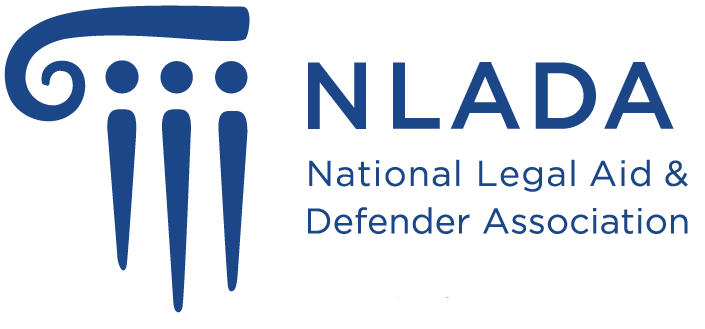
John Gleeson’s career as a federal prosecutor, district judge, and now private attorney has been marked by both a commitment to excellence and to equal justice under the law. As an Assistant United States Attorney, he tried 20 cases to verdict and argued 25 appeals. He personally tried two La Cosa Nostra bosses on murder and racketeering charges, and he received the Attorney General’s Distinguished Service Award for his work as the lead prosecutor of Gambino Family Boss John Gotti. As a United States District Judge for 22 years in the Eastern District of New York, he authored more than 1,500 published opinions and presided over more than 200 civil and criminal jury trials and half a dozen Multi-District Litigations. He was a member (1999-2005) and Chair (2005-08) of the Defender Services Committee of the Judicial Conference of the United States. Upon leaving the bench, Mr. Gleeson became a partner at Debevoise & Plimpton, a firm dedicated to a wide variety of pro bono work.
Mr. Gleeson has influenced generations of lawyers as an Adjunct Professor of Law, teaching Complex Federal Investigations and Sentencing at New York University School of Law. Among his many publications, he is a co-author of Federal Criminal Practice: A Second Circuit Handbook, a treatise now in its 18th edition, which Justice Ruth Bader Ginsburg has praised as “a tremendously valuable service to the judiciary, members of the bar, and, ultimately, the public they serve.”
As he recently told The Marshall Project, Mr. Gleeson believes in the importance of “having the milk of human kindness affect everything you do.” While a judge, he visited a prison every year to speak to inmates about their sentencing experiences and their lives in custody so he could better appreciate the impact his judgments had on the people they affected the most. He has been a strong and effective advocate for reform of mandatory sentencing provisions and excessive Guidelines ranges. He created a federal drug court that steers addicted defendants away from prison and has become a model for other such courts throughout the federal system. His opinions calling for relief from the collateral consequences of convictions have stimulated efforts to assist persons with convictions to obtain and keep jobs. As a judge and now in his pro bono practice, he has urged prosecutors to agree to vacate sentences imposed long ago that are now recognized to be particularly egregious and in many cases racially discriminatory.
Today, Mr. Gleeson maintains an active litigation practice, advises Boards of Directors, provides dispute resolution and crisis management services, and continues to be a voice for fairness and reform in the criminal justice system.

